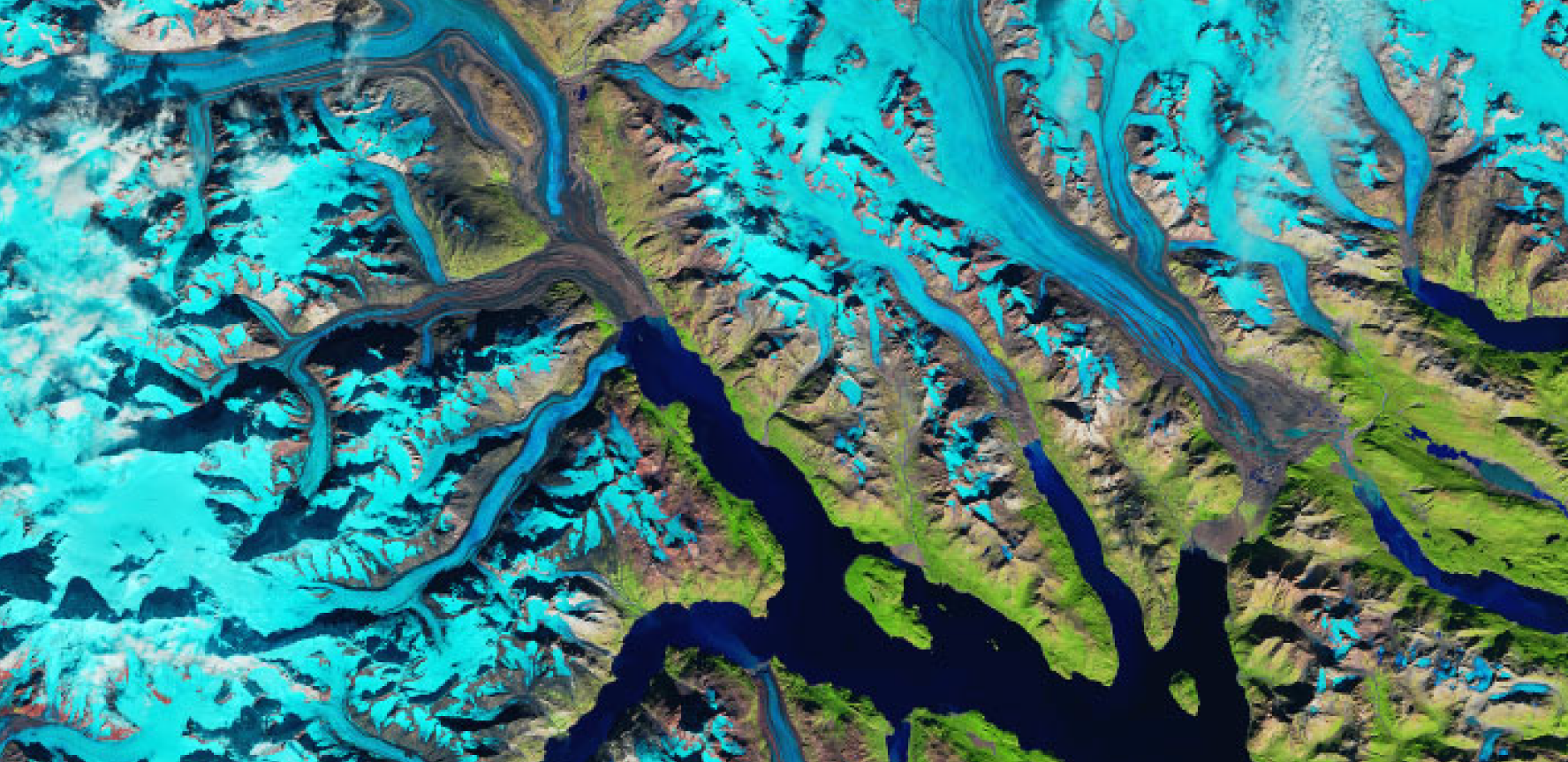
The Cambridge Earth Sciences Department is one of the UK's premier research institutions, and home to many world-class researchers. We welcome enquiries about postgraduate study from students who are currently working toward, or have acquired, first degrees in: Earth science subjects, physics, chemistry, mathematics, material science, biology, or other related subjects.
MPhil in Earth Sciences by Research Thesis (1 Year)
A one-year research master's level course for students who are typically from countries that operate shorter degree courses than in the UK.
MPhil in Quantitative Climate and Environmental Science
The MPhil is a 10-month cross-departmental programme designed to deliver outstanding postgraduate level training in the quantitative study of Earth's climate and environment.
MPhil in Planetary Sciences and Life
The MPhil is a 10-month cross-departmental programme designed to deliver outstanding postgraduate level training in the search for life’s origins on Earth and its discovery on planets beyond Earth.
PhD in Earth Sciences
Our principal postgraduate degree course—independent advanced study and research into topics across the Earth Sciences, and guided by our world-class academic staff.
PhD (Overseas Students)
Information for international students on funding, etc.
More information
If you would like to discuss your research interests with us, or find out about a particular project or the Department, then please contact a relevant member of our academic staff based on their research interests. For more information about postgraduate study at Cambridge, please see the University's Postgraduate Admissions pages or contact Earth Sciences postgraduate admissions.
For each postgraduate course the Department considers all applications together as a separate gathered field in the early part of the Lent term. Applicants who are eligible for funding in the US Gates round will be considered earlier, as a gathered field in late December/early January.
Department Virtual Tour
Explore the department through a virtual tour here.
PhD research at Cambridge Earth Sciences video
Skaergaard: Decoding a frozen magma chamber from libraryhelp on Vimeo.
